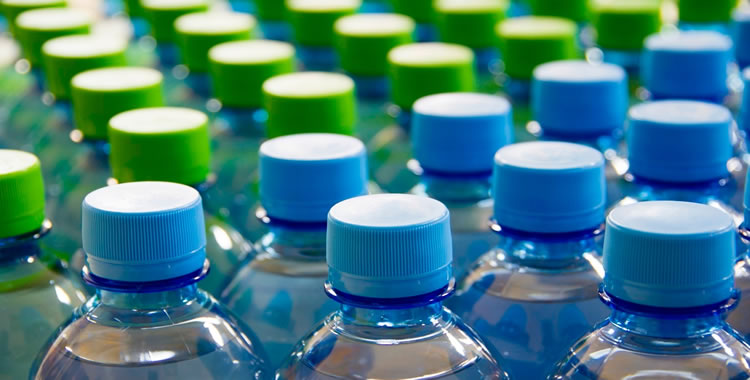
In the world of lubricants, the focus is often on the quality and performance of the lubricant itself. While that's undoubtedly important, we mustn't overlook the critical role that plastic closures play in preserving the integrity of these essential products. In this article, we will delve into the world of plastic closures for lubricants, plastic closures for lubricants exploring their significance, types, and the factors to consider when choosing the right one.
When it comes to lubricants, maintaining their quality is paramount. Plastic closures provide a reliable barrier against external contaminants, such as moisture, dust, and air, which can degrade the lubricant's effectiveness over time.
Leakage is not only wasteful but can also lead to safety hazards in industrial settings. Well-designed plastic closures are engineered to prevent leaks and spills, ensuring a clean and safe work environment.
Screw caps are a common choice for lubricant packaging. They offer a secure seal and are easy to open and close, making them user-friendly for both industrial and consumer applications.
Snap-on caps are convenient and cost-effective. They are ideal for lubricants used in DIY and household applications.
For lubricants that need to be kept out of reach of children, child-resistant closures are essential. They provide an added layer of safety without compromising accessibility for adults.
The choice of material for plastic closures can affect their performance. Frequently used materials encompass polyethylene (PE) & polypropylene (PP),. Each material has its strengths and weaknesses, so it's crucial to select the one that best suits your product.
Ensure that the plastic closure is compatible with the type of lubricant it will seal. Some lubricants may require specialized closures to prevent chemical reactions or deterioration.
In industries where product tampering is a concern, tamper-evident closures provide an added layer of security. Look for closures with visible indicators of tampering.
Choose closures that match the container's neck size and thread type to ensure a snug fit. This prevents leakage and contamination.
Think about how your lubricants will be dispensed. Do you need a precise nozzle or a simple cap? The dispensing method should align with your application.
As environmental concerns continue to grow, opting for recyclable plastic closures can enhance your brand's sustainability credentials.
Consider using biodegradable plastic closures if you want to minimize the environmental impact of your lubricant packaging.
Plastic closures offer an excellent opportunity for branding. You can emboss / engrave your logo and essential product information on the closure to enhance brand recognition.
Choose closure colors that align with your brand identity and help your product stand out on the shelf.
In the world of lubricants, plastic closures are the unsung heroes that ensure product quality, safety, and user-friendliness. Choosing the right plastic closure is not just a matter of functionality; it's also an opportunity to enhance your brand's image and contribute to environmental sustainability. If you require additional details regarding plastic closures and lubricant packaging, please do not hesitate to contact us
